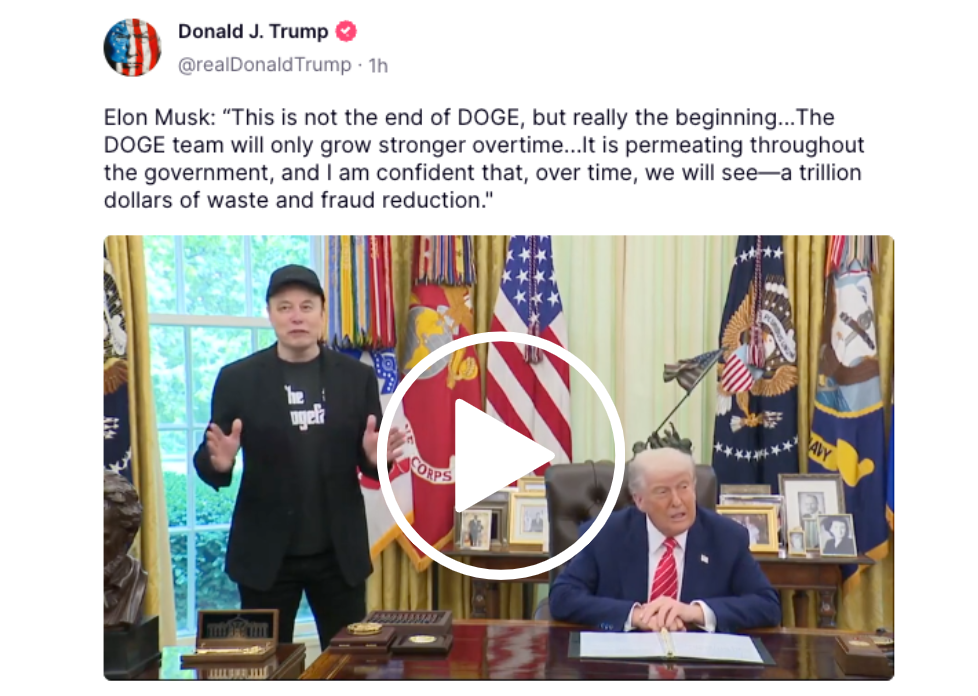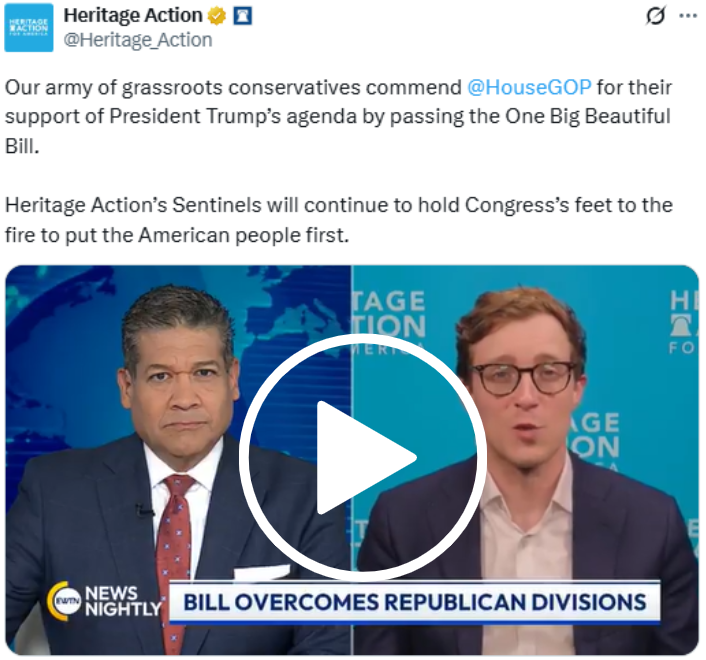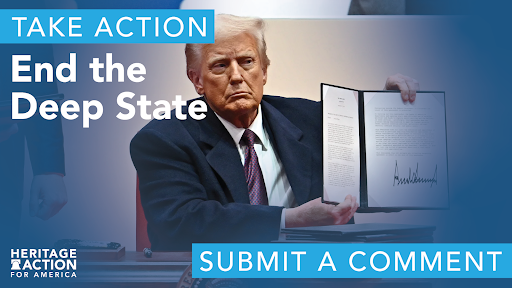USAID’s programs do not advance U.S. national security or economic interests; instead they promote a globalist agenda that benefits adversaries like China. Meanwhile NPR and PBS exhibit a consistent left-wing bias and have used taxpayer dollars to push issues like critical race theory, gender ideology, and reparations across American airwaves.
It’s critical that we get this bill over the finish line. Call your Member of Congress and urge them to support President Trump’s recissions package:
>>> Click HERE! <<<
What’s Next?
This recissions package is a good first step towards implementing DOGE cuts, but there is plenty of work left to do. Thankfully, Congress can continue to cut spending without having to wait for another formal recissions request from the White House. Here’s how:
Federal spending is split into two categories: mandatory spending and discretionary spending. Mandatory spending (such as Medicaid) is pre-determined and can only be amended by special processes like budget reconciliation. But discretionary spending is determined by Congress through the twelve annual appropriations bills, and is where DOGE identified massive amounts of wasteful spending — including what’s known as “zombie” programs.
To receive federal funding, a program is authorized for a predetermined timeframe (typically ranging from one to five years), and must be reauthorized to continue receiving funding once it expires. Congress has failed to enforce this for decades, and as a result, hundreds of billions of taxpayer dollars are spent on unauthorized programs every year. Many of these programs were identified by DOGE and must be addressed accordingly.
In addition to including these cuts, it’s critical that Republicans pass all twelve bills individually – avoiding an omnibus spending bill. Otherwise, another Continuing Resolution could be on the cards which would simply prolong the Biden-Pelosi era of inflationary spending. With President Trump’s budget request as the blueprint, a return to pre-Covid spending levels is the goal. However, for Washington to get the budget under control in the long run, Congress must address the fundamentally broken appropriations process itself.
.png)


